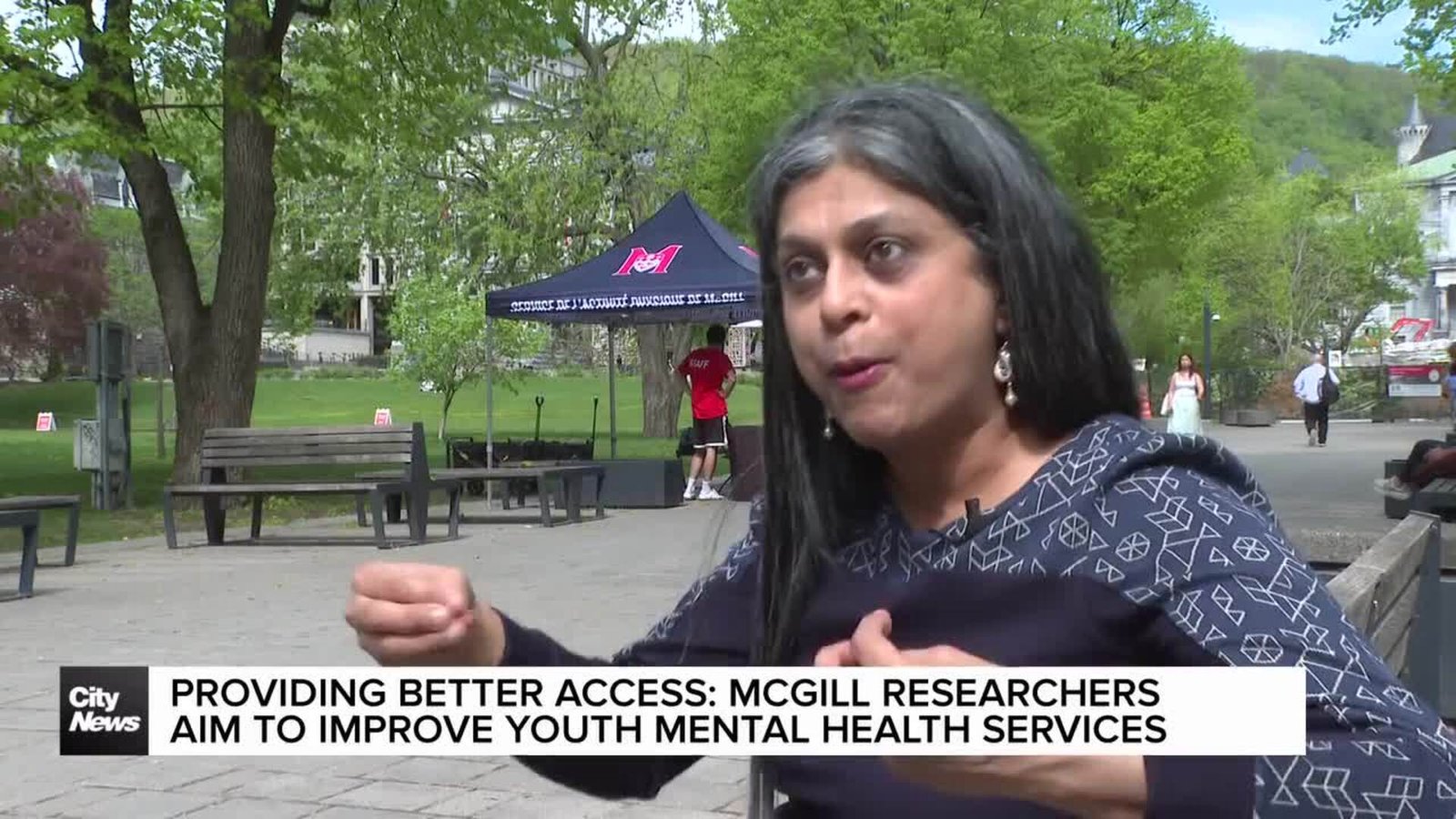Recent data estimates that approximately 2.5 million individuals in England may have attention deficit hyperactivity disorder (ADHD). This marks the first public estimate revealing the prevalence of ADHD within the population.
ADHD is a neurodevelopmental disorder characterized by symptoms such as difficulty concentrating, impulsivity, forgetfulness, and challenges with organization and instruction-following. Among those estimated to have ADHD, about 741,000 are children and young adults aged between five and 24.
These estimates were derived from National Institute for Health and Care Excellence (NICE) guidelines, which propose that around 3-4% of adults and approximately 5% of children and young adults may be affected by ADHD. While ADHD is typically not diagnosed in children under five, researchers calculated the prevalence in this age group to predict future diagnoses. According to NHS estimates, around 147,000 children under five may exhibit traits of ADHD.
The report highlights a growing concern regarding the backlog of individuals awaiting ADHD assessments. As of March 2025, over 549,000 individuals were on the waiting list for an assessment, marking an increase from 416,000 in March 2024. Among those waiting, 304,000 had been in the queue for over a year, while 144,000 had waited for at least two years. More than two-thirds of those seeking assessments were between the ages of five and 24.
Louise Ansari, the chief executive of Healthwatch England, emphasized the importance of these figures in understanding the demand for ADHD care. She noted that prolonged waiting periods deter individuals with ADHD traits from seeking help, and those already in the queue face difficulties due to these delays.
Additionally, data indicates that adults aged 25 and over waiting for ADHD assessments reached 165,000 by the end of March, showing a dramatic rise from just 16,000 at the end of December 2019. For the younger population, the waitlist for children and young adults surged from an estimated 285,000 in March 2024 to 384,000 in March this year.
Pippa Sargent, chief executive of The Brain Charity, remarked on the positive trend of more individuals seeking ADHD assessments, reflecting increased awareness and understanding of neurodiversity. However, she also pointed out the alarming number of people waiting for assessments, underscoring the urgent need for investment in diagnostic services and ongoing support.
An NHS spokesperson acknowledged the lengthy wait times for ADHD assessments and announced the formation of an independent taskforce aimed at addressing the challenges faced by ADHD services. This taskforce will evaluate the new data and engage with both patients and experts to develop strategies for managing the growing number of referrals and improving services.
As awareness of ADHD continues to grow, it is critical to ensure that individuals receive timely assessments and appropriate support to address their needs effectively.



